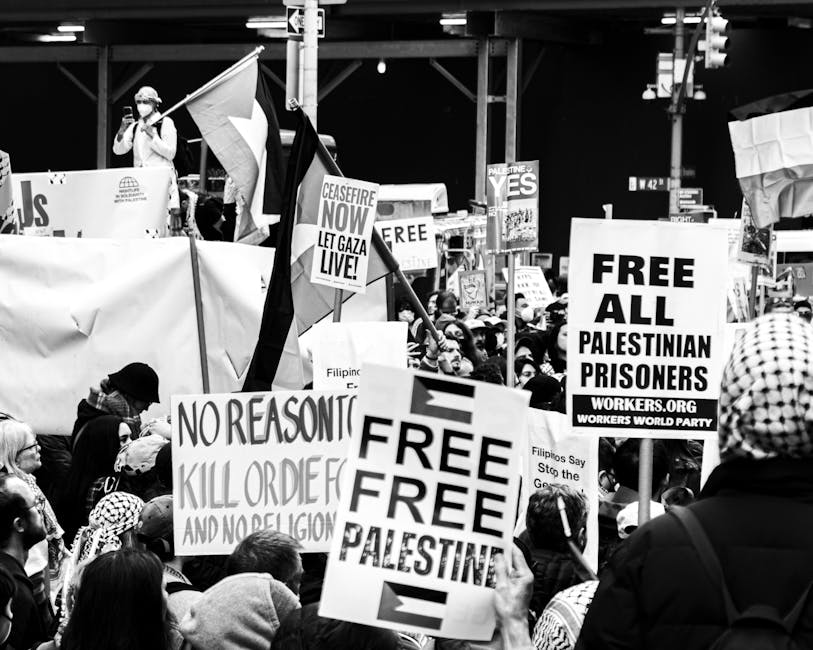The question of whether Israel will end its occupation of Palestinian territories has been a central issue in the Middle East for decades. Rooted in historical, religious, and political complexities, the conflict has seen countless negotiations, wars, and peace efforts. Yet, a resolution remains elusive. As tensions persist and international pressure mounts, the possibility of Israel withdrawing from the occupied territories continues to spark intense debate.
Historical Context of the Occupation
Israel’s occupation of the West Bank, East Jerusalem, and the Gaza Strip began in 1967 following the Six-Day War. While Israel withdrew its settlements and military presence from Gaza in 2005, it maintains control over its borders, airspace, and access to resources. The West Bank remains heavily occupied, with Israeli settlements expanding despite international condemnation. East Jerusalem, annexed by Israel in 1980, is also a focal point of contention, as Palestinians view it as the capital of their future state.
The occupation has led to widespread human rights violations, including restrictions on movement, home demolitions, and military operations. Palestinians face daily challenges, from economic hardship to limited access to basic services, fueling resentment and resistance.
International Pressure and Legal Challenges
The international community has largely condemned Israel’s occupation, with the United Nations repeatedly calling for a two-state solution. However, diplomatic efforts have stagnated since the Oslo Accords of the 1990s, which failed to achieve their goals. Israel’s continued settlement expansion has been deemed illegal under international law, further complicating peace prospects.
In 2023, the International Court of Justice (ICJ) began hearings on the legality of Israel’s occupation. While an advisory opinion would not be legally binding, it could significantly increase global pressure on Israel to reconsider its policies.
Domestic Politics in Israel
Israel’s domestic political landscape plays a crucial role in shaping its approach to the occupation. The current government, led by Prime Minister Benjamin Netanyahu, has taken a hardline stance, prioritizing security and settlement expansion over peace negotiations. Right-wing parties, which dominate the coalition, view the occupied territories as integral to Israel’s identity and security.
However, left-wing and centrist groups advocate for a two-state solution, arguing that continued occupation undermines Israel’s democratic values and international standing. Public opinion remains divided, with some Israelis prioritizing security concerns while others emphasize the moral and ethical implications of occupation.
The Role of the United States
The United States has long been a key player in the Israeli-Palestinian conflict, providing significant military and economic aid to Israel. While the Biden administration supports a two-state solution, its influence has been limited, and it has not pursued aggressive diplomatic initiatives to restart peace talks.
Growing criticism of Israel’s policies within the U.S., particularly among younger and progressive voters, has led to calls for conditioning aid to Israel on its compliance with international law. Such shifts in public opinion could impact future U.S. policy and increase pressure on Israel to end the occupation.
The Path Forward
The question of whether Israel will end its occupation of Palestinian territories hinges on several factors. International pressure, domestic politics, and the role of key allies like the United States will all play a part. While a two-state solution remains the most widely supported framework for peace, achieving it requires significant compromises from both sides.
For Palestinians, ending the occupation is essential for achieving self-determination and sovereignty. For Israel, it raises questions about security, identity, and its relationship with the international community. As the conflict continues to evolve, the road to peace remains fraught with challenges.
Ultimately, the resolution of this decades-long conflict will require bold leadership, mutual recognition, and a commitment to dialogue. Whether Israel will end its occupation of Palestinian territories remains uncertain, but the urgency for a just and lasting peace has never been greater.




